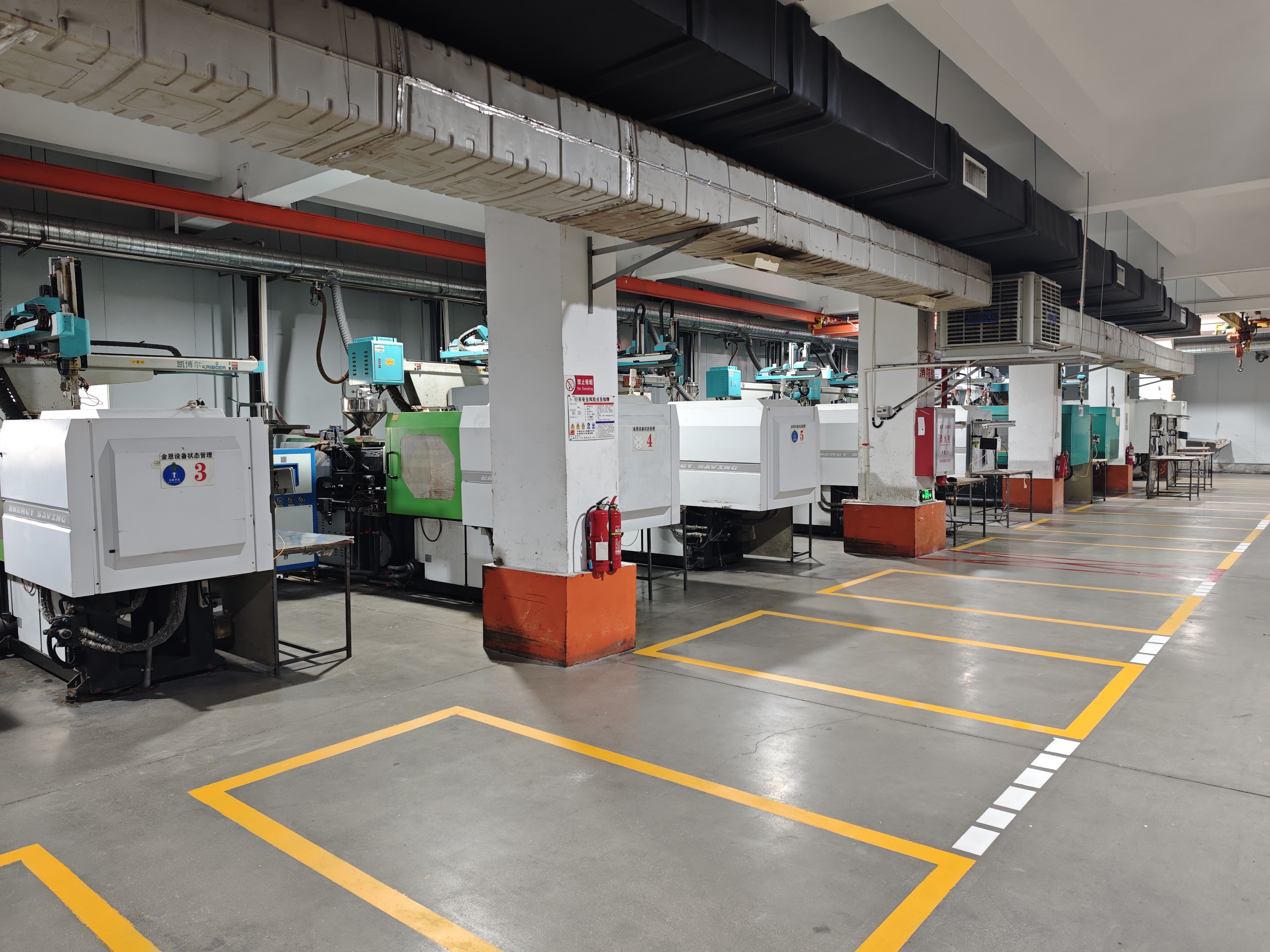In the global manufacturing ecosystem, partnering with the right Plastic Injection Manufacturer can make or break your product’s quality, production timeline, and overall business success. Whether you’re developing medical devices, automotive components, or consumer goods, not all manufacturers offer the same level of expertise, reliability, or flexibility. With countless options available, how do you identify a partner that aligns with your needs? This guide breaks down the critical factors to evaluate when selecting a Plastic Injection Manufacturer, backed by insights from industry leaders with over a decade of proven experience.
1. Proven Industry Experience and Credentials
The first red flag to watch for in a Plastic Injection Manufacturer is a lack of verifiable experience or certifications. A reputable manufacturer should have a track record of serving clients across diverse industries—such as automotive, medical, new energy, and consumer goods—with a history of consistent delivery. For example, manufacturers established since the late 2000s have weathered industry shifts, from supply chain disruptions to material innovations, and have refined their processes to meet evolving demands.
Equally important are certifications that validate quality and compliance. Look for Plastic Injection Manufacturer that hold ISO 9001-2015 certification, a global standard for quality management systems. This certification ensures the manufacturer follows strict protocols for production control, from raw material sourcing to final product inspection. Additionally, design patents are a strong indicator of innovation: manufacturers with 40+ patents demonstrate a commitment to developing unique, efficient solutions rather than relying on generic processes. These credentials not only guarantee quality but also reduce the risk of costly errors or delays in your project.
2. Advanced Equipment and Production Capabilities
A Plastic Injection Manufacturer’s equipment directly impacts the quality, speed, and scalability of your project. Outdated or limited machinery can lead to inconsistent part quality, longer lead times, and an inability to handle complex designs. When evaluating potential partners, ask about their production infrastructure:
Injection Molding Machines: Look for manufacturers with a diverse range of machines (e.g., 80-1350t models) to accommodate different part sizes and materials. A fleet of 40+ sets of equipment—including mold-making tools like CNC processing centers and electric spark machines—indicates the capacity to handle both small-batch prototypes and large-scale mass production.
Daily Production Capacity: Manufacturers that can produce 50,000+ pieces per day are better equipped to meet urgent orders or sudden spikes in demand, ensuring your supply chain remains uninterrupted.
Specialized Technologies: For projects requiring rubber silicone molding, hardware insert molding, or secondary finishing (e.g., polishing, anodizing), confirm the manufacturer has dedicated equipment and expertise. For instance, manufacturers with Moldflow simulation tools can optimize mold designs before production, reducing defects and cutting costs.
Advanced equipment isn’t just about speed—it’s about precision. A Plastic Injection Manufacturer with state-of-the-art machinery can consistently produce parts with tight tolerances, critical for industries like medical (where component accuracy affects patient safety) or automotive (where parts must withstand harsh conditions).
3. Comprehensive Quality Control Systems
Quality is non-negotiable when it comes to plastic injection molding, and a reliable Plastic Injection Manufacturer will have rigorous quality control (QC) processes in place at every stage of production. Avoid manufacturers that only conduct final inspections; instead, look for those that implement multi-layered QC:
Incoming Quality Control (IQC): The manufacturer should test raw materials (e.g., high-strength plastics like ABS) for purity and compliance before production. This ensures only high-quality materials are used, preventing defects caused by subpar inputs.
In-Process Quality Control (IPQC): Regular sampling during production allows the team to catch issues early—such as uneven molding or material inconsistencies—before they escalate.
Final Quality Control (FQC): After deburring or finishing, parts should undergo a final inspection to confirm they meet design specifications, with a product qualification rate of 99% or higher.
Additionally, the Plastic Injection Manufacturer should follow industry-specific standards. For example, medical device components require adherence to strict biocompatibility guidelines, while automotive parts must meet durability and safety regulations. A manufacturer that integrates ISO 9001-2015 into every QC step demonstrates a commitment to consistent, compliant results.
4. End-to-End Service and Flexibility
In today’s fast-paced market, a Plastic Injection Manufacturer that offers one-stop services can significantly streamline your workflow. Instead of coordinating with multiple suppliers for mold design, production, and finishing, look for a partner that handles every step:
Mold Design and Prototyping: The manufacturer should provide detailed prototype designs (with drawings available in as little as 24 hours) and conduct manufacturability analysis (DFM) to optimize costs and reduce time to market.
Secondary Services: Capabilities like CNC precision finishing, surface painting, and automated assembly eliminate the need for third-party vendors, reducing lead times and communication gaps.
Expedited Support: Urgent orders are inevitable, so choose a manufacturer with 24-hour production capabilities and online customer service. This ensures you can get updates or resolve issues at any time, keeping your project on track.
Flexibility is also key. A top Plastic Injection Manufacturer will adapt to your changing needs—whether it’s modifying a mold design, scaling production up or down, or accommodating custom material requests (e.g., heat-resistant plastics for new energy products). This agility helps you respond quickly to market trends or unexpected demand shifts.
5. Transparent Communication and Customer Support
Even the most skilled Plastic Injection Manufacturer can fail if communication is poor. Look for a partner that prioritizes transparency, providing regular updates on production progress, potential delays, and cost adjustments. Clear communication ensures you’re never in the dark about your project and can make informed decisions quickly.
Additionally, post-production support matters. A reliable Plastic Injection Manufacturer will offer technical assistance if issues arise with the parts, such as troubleshooting assembly problems or adjusting designs for better performance. 24-hour online customer service is a valuable asset here, as it allows you to resolve concerns outside of standard business hours—critical for global clients across different time zones.
Conclusion
Choosing the right Plastic Injection Manufacturer is a strategic decision that impacts every aspect of your product’s journey, from design to delivery. By prioritizing experience and credentials, advanced equipment, rigorous quality control, end-to-end services, and transparent communication, you can partner with a manufacturer that not only meets your current needs but also scales with your business. Remember, the best Plastic Injection Manufacturer isn’t just a supplier—they’re a strategic ally, committed to helping you deliver high-quality products efficiently and reliably. Whether you’re launching a new product or optimizing an existing line, investing time in selecting the right partner will pay off in the long run.

